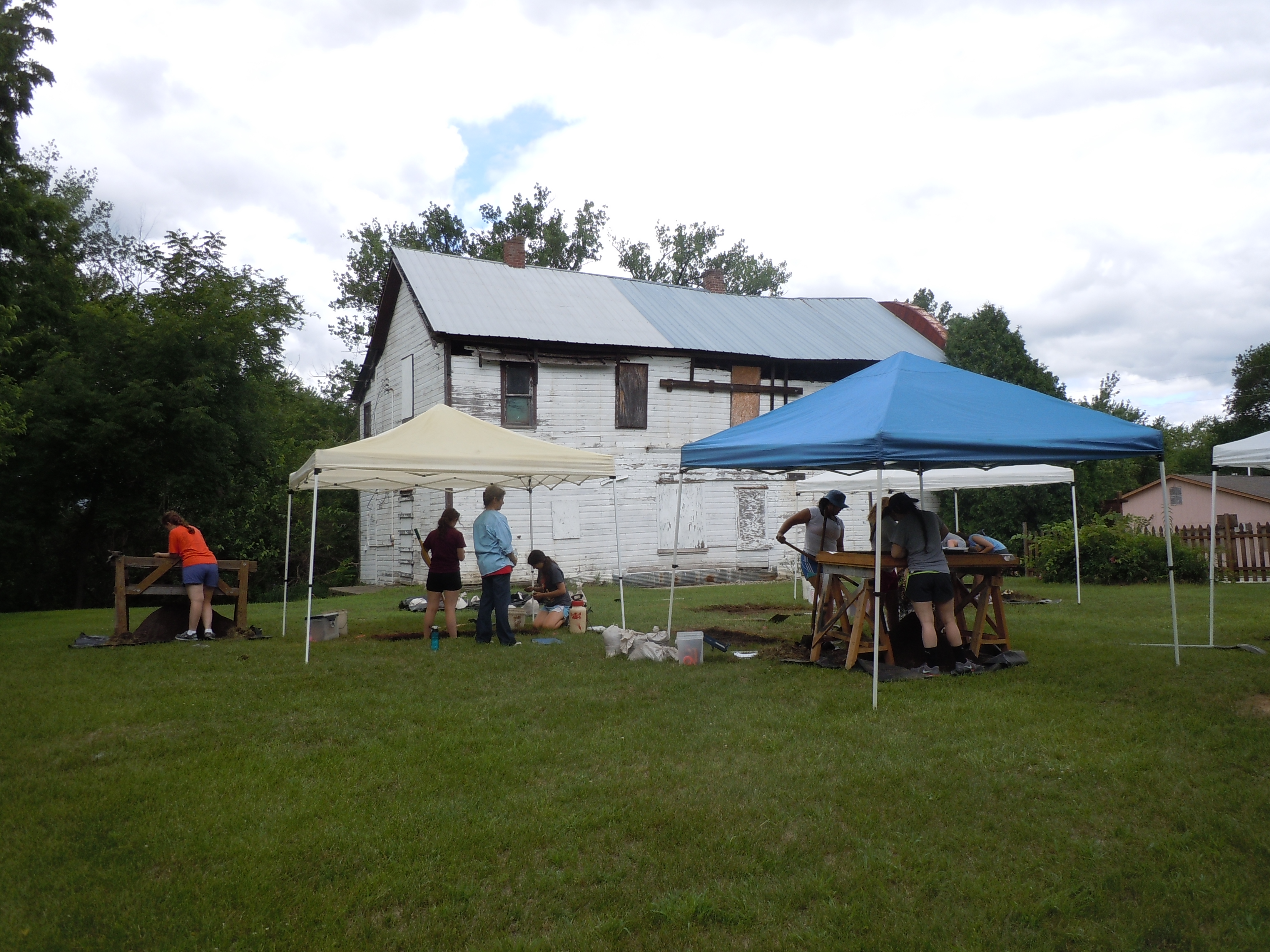Fieldwork
This listing expired on June 6, 2022. Please contact mschurr@nd.edu for any updated information.

Location: Porter County, Indiana
Season: June 6, 2022 to June 24, 2022
Session Dates: Same as season dates
Application Deadline: June 6, 2022
Deadline Type: Rolling
Website: https://anthropology.nd.edu/assets/461084/nd_field_school_2022_2_.pdf
Program Type:
Field School
RPA Certified:
No
Affiliation:
University of Notre Dame
Project Director:
Mark Schurr
Project Description:
This three-week course is designed to give you a broad and intensive introduction to the methods, theories, aims, and ethics of archaeological field work. It also includes an introduction to geophysical survey methods (magnetic, soil resistivity, and ground penetrating radar surveys) and their interpretation. The curriculum covers geophysical surveys, excavation methods, laboratory analysis and curation of artifacts, the documentation of archaeological sites and finds, and other fundamental field and laboratory skills. You will learn about these subjects by participating in a field research project. Most of the time will be spent learning and practicing field and laboratory techniques, but you will also learn from assigned readings, lectures, workshops, and structured discussions about the research project.
Period(s) of Occupation: The Collier Lodge site in Porter County, Indiana has produced evidence of prehistoric and historic occupations from as early as 8,000 B.C. up to the recent past. The site is named for the Collier Lodge, a former hunting lodge that once stood there. For millennia, people used the site to exploit the rich resources of the great Kankakee Marsh, an enormous wetland that was one of the dominant environmental zones of the region before it was drained at the start of the twentieth century. The site is listed on the National Register of Historic Places. The Lodge building is in bad shape and will be removed this spring. We will investigate the area under the Lodge, which has not been accessible since 1898. We are especially interested in finding evidence of prehistoric occupations dating to the Little Ice Ace (ca. 1450 - 1850 C.E.) and Euroamerican activities in the early nineteenth century.
Project Size: 1-24 participants
Minimum Length of Stay for Volunteers: 3 weeks
Minimum Age: 18
Experience Required: None.
Room and Board Arrangements:
Students are responsible for all other expenses (mainly room, board, and some minor supplies). Van rides to and from campus to the site, all major field equipment, and most supplies are covered by the course.
Housing and meal plans are available on-campus, or students can make their own arrangements for off-campus living. Information about housing and dining is available from the Summer Session.
Summer Session does not have updated housing rates yet, but in 2021, on-campus housing was $210 a week (that would be $630 total). There is a variety of meal plans available at different costs. As we will be travelling to the site daily in university vans, you will need to pack your lunch, so avoid a meal plan that includes five lunches per week.
Info on campus housing rates and meals plans can be found at
https://residentiallife.nd.edu/summer/students/more-information/. You can also find off campus housing with affordable sublets. https://offcampus.nd.edu/
Academic Credit:
3 credit hours, undergraduate or graduate
Mark Schurr
296 Corbett Family Hall
Notre Dame
IN
46556
United States
Phone: (574) 631-7638
The AIA is North America's largest and oldest nonprofit organization dedicated to archaeology. The Institute advances awareness, education, fieldwork, preservation, publication, and research of archaeological sites and cultural heritage throughout the world. Your contribution makes a difference.
Notifications